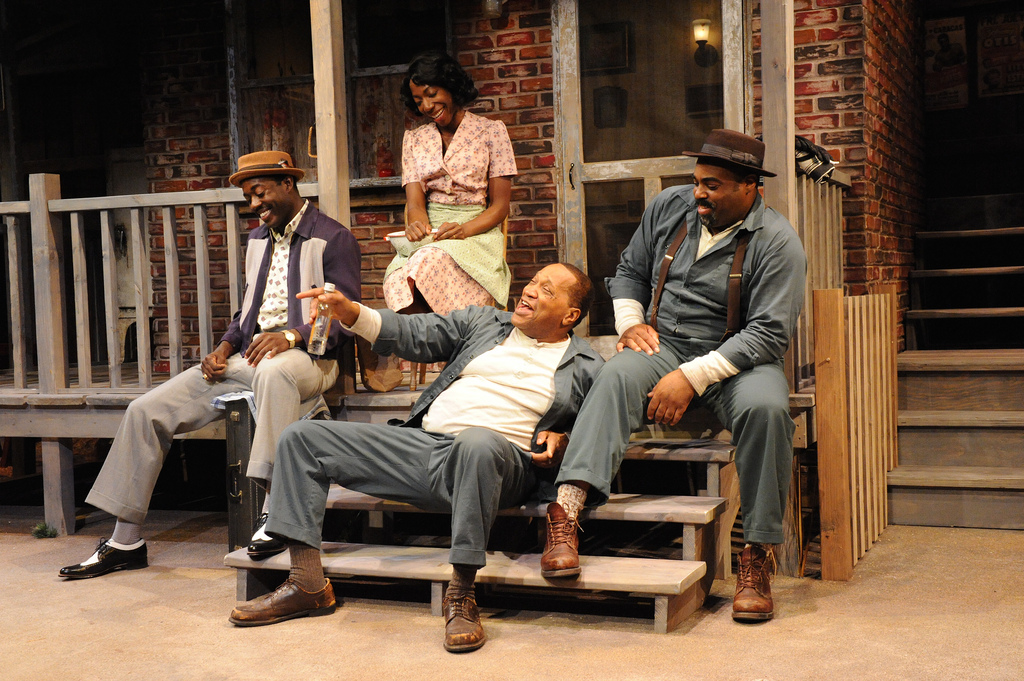
What the play’s aboutįences portrays the characteristic rhythms and aspirations of a family in Wilson’s childhood Hill District of Pittsburgh: the stark tensions between father and son, the constant haunting of a bitter past – and the fragile hope for self-actualisation infused by forgiveness. Set between 19, Fences belongs to the era of the civil rights movement, a widespread campaign for social justice and equal rights for black Americans. These comments have particular significance for Fences, a pivotal play in Wilson’s ten-drama cycle covering African American experience across the twentieth century. At the same time, he regards race as “the largest, most important and most identifiable part of our personality … the one to which others in the world of men most respond”. Despite society’s denial of black rights, he wants passionately to affirm “the value of (his) being” as a person. In a 1996 speech, Wilson argues that he stands on the ground “pioneered by the Greek dramatists” and Shakespeare – but also on the ground broken by his grandfather and other committed activists for black identity, independence and culture. Beyond this, Wilson’s drama aims to touch deep human responses in all of us.


The current run of Fences in Johannesburg, South Africa, will vividly bring to mind the destructive after-effects of apartheid on black life. Interest in the play now extends far beyond the US. These are lives otherwise overlooked by an indifferent white community. Wilson’s work continues to compel audiences not simply through its imaginative power, but because its rounded insider’s perspective makes ordinary African Americans sympathetically visible as they love and struggle. Fences became an acclaimed Hollywood film in 2016.

A pathbreaking force in shaping African American drama, he was awarded the Pulitzer Prize for both Fences (1987) and The Piano Lesson (1990). Wilson was born in 1945 in a poor district of Pittsburgh he died in 2005. It was first developed in 1983 by celebrated African American dramatist August Wilson, becoming a successful Broadway production in 1987. Fences, a creative examination of a black family’s experience, is one of the most frequently performed plays in the US.


 0 kommentar(er)
0 kommentar(er)
